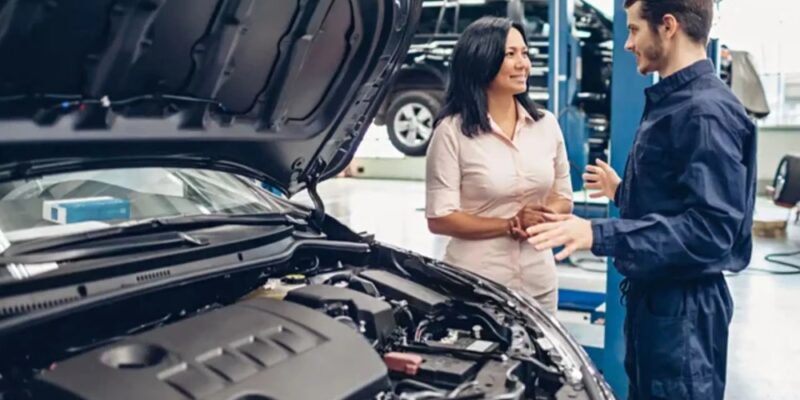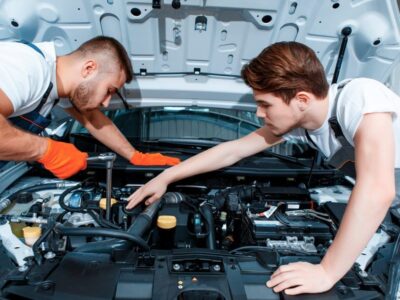Maintaining a car can be expensive, which often leads drivers to consider doing their own repairs to save money. While DIY Auto Repair Shop Spartanburg can be rewarding and cost-effective, there are situations where attempting repairs yourself can result in costly mistakes or safety risks. The key is knowing when to handle a repair on your own and when it’s best to leave it to the professionals.
Advantages of DIY Auto Repairs
For many drivers, simple repairs and maintenance can be handled at home with basic tools and a little mechanical knowledge. DIY repairs can save on labor costs, which can be a significant portion of the total cost of a professional repair. Routine tasks like oil changes, replacing air filters, changing wiper blades, or installing new headlights are often straightforward and accessible, even for beginners. With online tutorials, guides, and repair manuals, it’s easier than ever to follow step-by-step instructions.
Additionally, there is a sense of satisfaction and empowerment in knowing you can troubleshoot and fix minor issues yourself. For hobbyists or enthusiasts, working on a vehicle can be a rewarding hands-on experience. It’s also a great way to become more familiar with your car, helping you spot potential problems before they become more serious.
When to Call in the Professionals
For certain Auto Repair, it’s safer and more practical to rely on a professional mechanic. One key factor is the level of expertise required. If a repair involves complex electrical systems, diagnostic codes, or specialised tools, it’s often best left to professionals who have both the equipment and knowledge to handle it. For example, working with a car’s computer system or resetting error codes should generally be done by a trained technician.
Another consideration is the time and resources involved. While you might be able to learn how to perform a repair on your own, it may take much longer than it would for a professional who has years of experience. For people with busy schedules, the time spent troubleshooting and repairing may outweigh the cost savings of a DIY approach.
Repairs that affect the safety and structural integrity of the vehicle, such as issues with the suspension, transmission, or brakes, should always be performed by an expert. These are critical components, and improper repairs could result in serious accidents. For high-performance cars or vehicles still under warranty, using a certified mechanic ensures that the vehicle maintains its value and warranty coverage.
Balancing DIY and Professional Help
A good rule of thumb when deciding between DIY and professional repairs is to evaluate your own skills and the potential risks involved. If the repair is simple and you feel confident in your abilities, it’s likely safe to handle it yourself. However, if the problem is beyond your knowledge or impacts crucial systems like brakes, steering, or electrical components, it’s worth seeking the help of a certified mechanic.
Additionally, if you attempt a repair and find yourself struggling or making mistakes, don’t hesitate to reach out to a professional to avoid causing further damage. It’s also wise to have a trusted mechanic inspect your DIY repairs periodically to ensure everything is functioning correctly and safely.
Conclusion
DIY auto repairs can be a great way to save money and gain hands-on experience with your car. However, it’s important to recognize your limitations and understand when professional assistance is necessary. For simple maintenance tasks, DIY can be a fun and cost-effective option, but for complex or safety-related repairs, leaving it to the experts is often the best course of action. Striking a balance between these two approaches can help you maintain your vehicle while avoiding costly mistakes.













Comments